Все старые темы
Европа
17 голосов
Лучшие авторы в этой теме
-

975
-

559
-

559
-

514
-
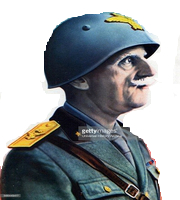
425
-

410
-
404
-
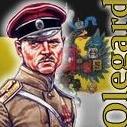
356
-
319
-
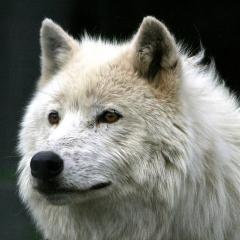
306
-

293
-

282
-

240
-
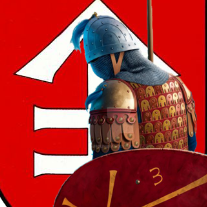
239
-
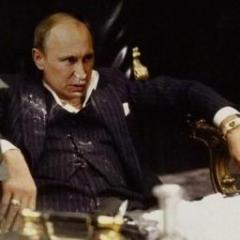
231
-
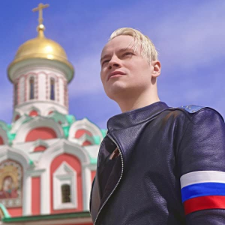
230
-

229
-
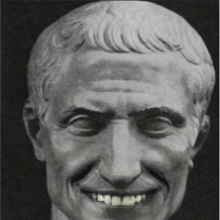
225
-

213
-
208
-

206
-

203
-
197
-
197
Лучшие авторы в этой теме
-

belogvardeec 975 сообщений
-

nelsonV 559 сообщений
-

Volchenock 559 сообщений
-

Белый Волк 514 сообщений
-

pop890 425 сообщений
-

MihaLbl4 410 сообщений
-
Dart An'ian 404 сообщений
-

Olegard 356 сообщений
-
never-forgotten 319 сообщений
-

Mr. Eco 306 сообщений
-

Nedzvikk 293 сообщений
-

skelet 282 сообщений
-

Агент Госдепа 240 сообщений
-

Zdrajca 239 сообщений
-

lavpaber 231 сообщений
-

Praetor95 230 сообщений
-

Толстый 229 сообщений
-

Лукулл 225 сообщений
-

Jean-Paul Marat 213 сообщений
-
Pshek 208 сообщений
-

ROTOR 206 сообщений
-

Dramon 203 сообщений
-
UBooT 197 сообщений
-
ibnXattab 197 сообщений
Популярные дни
-
Май 9 2016
250 сообщений
-
Авг 26 2011
217 сообщений
-
Авг 24 2011
213 сообщений
-
Авг 22 2011
206 сообщений
-
Апр 21 2013
199 сообщений
-
Июл 8 2011
188 сообщений
-
Июн 5 2013
173 сообщений
-
Авг 29 2011
172 сообщений
-
Авг 25 2011
164 сообщений
-
Апр 26 2013
163 сообщений
-
Июн 1 2012
162 сообщений
-
Апр 20 2013
161 сообщений
Популярные сообщения

Обеликс из Галлии
Эту тему, кроме вступления, я скомуниздил с одного сайте, надеюсь палками меня за это не забьют. За последнее время монархий в мире стает все меньше и меньше, но может где-то она сможет с
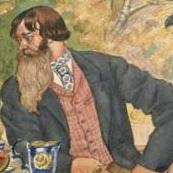
Freemerchant
Ну если углубиться в историю без всяких сказок, то дворянами было свергнуто всего лишь три царя - Василий Шуйский, Пётр III и Павел I. К крепостному праву их свержение никакого отношения не имел
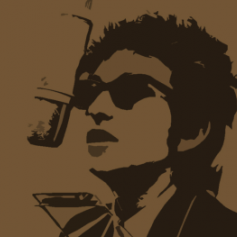
Triumph1
Где вариант - ни в одной? Это же дичайший абсурд считать, что в 2019 возможна реставрация монархии хотя бы в какой-то стране.
UBooT
Спасибо! А - это ход! ( Лишь-бы выкакивать, под комиссионным присмотром, не заставили )
UBooT
И, кстати, - да. Может и статься...
UBooT
Отлично...Да... Никто из моих знакомых оттудова не вернулсо...Живут, ростят детей, работают, и, видимо, между тем отдыхают... Однажды я понял их херовость, когда кое-кто посетовал, что необходимо ка
UBooT
Это, блин, ЗОГ-игра какая-то...Ведомая не всем...
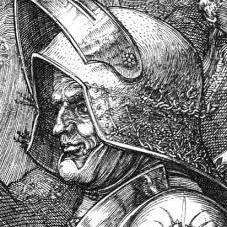
Olgard
Ну так я и говорю, что ненависть к России и русским бережно рекультивируется в польском обществе на протяжении столетий. Многие поляки, которые чего- то достигли за рубежом, направляют все свои усилия
-
Сейчас на странице 0 пользователей
- Нет пользователей, просматривающих эту страницу
Рекомендованные сообщения
Присоединиться к обсуждению
Вы можете оставить комментарий уже сейчас, а зарегистрироваться позже! Если у вас уже есть аккаунт, войдите, чтобы оставить сообщение через него.